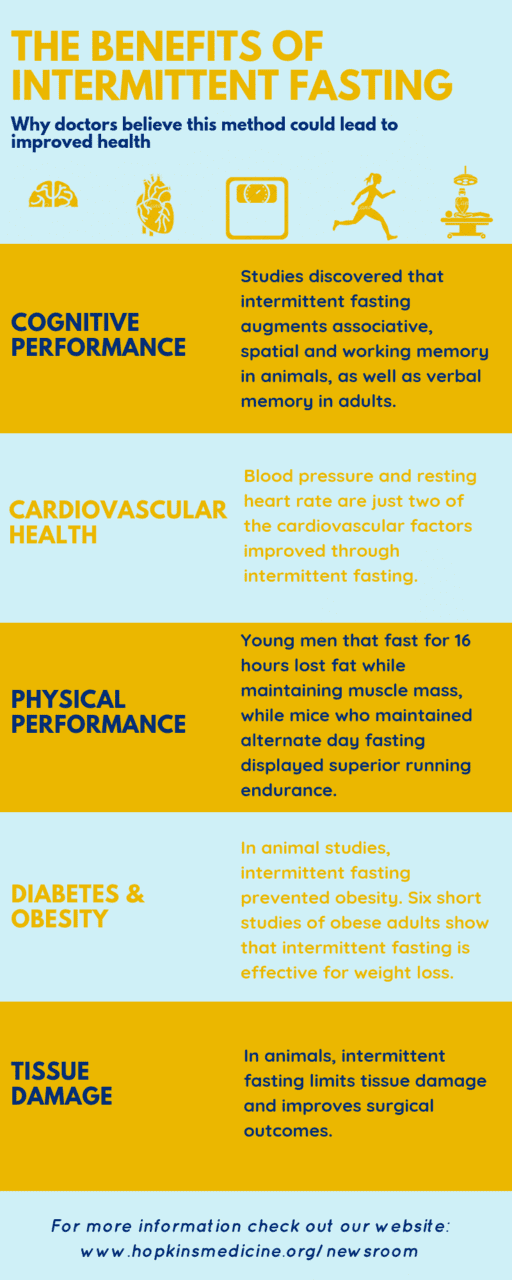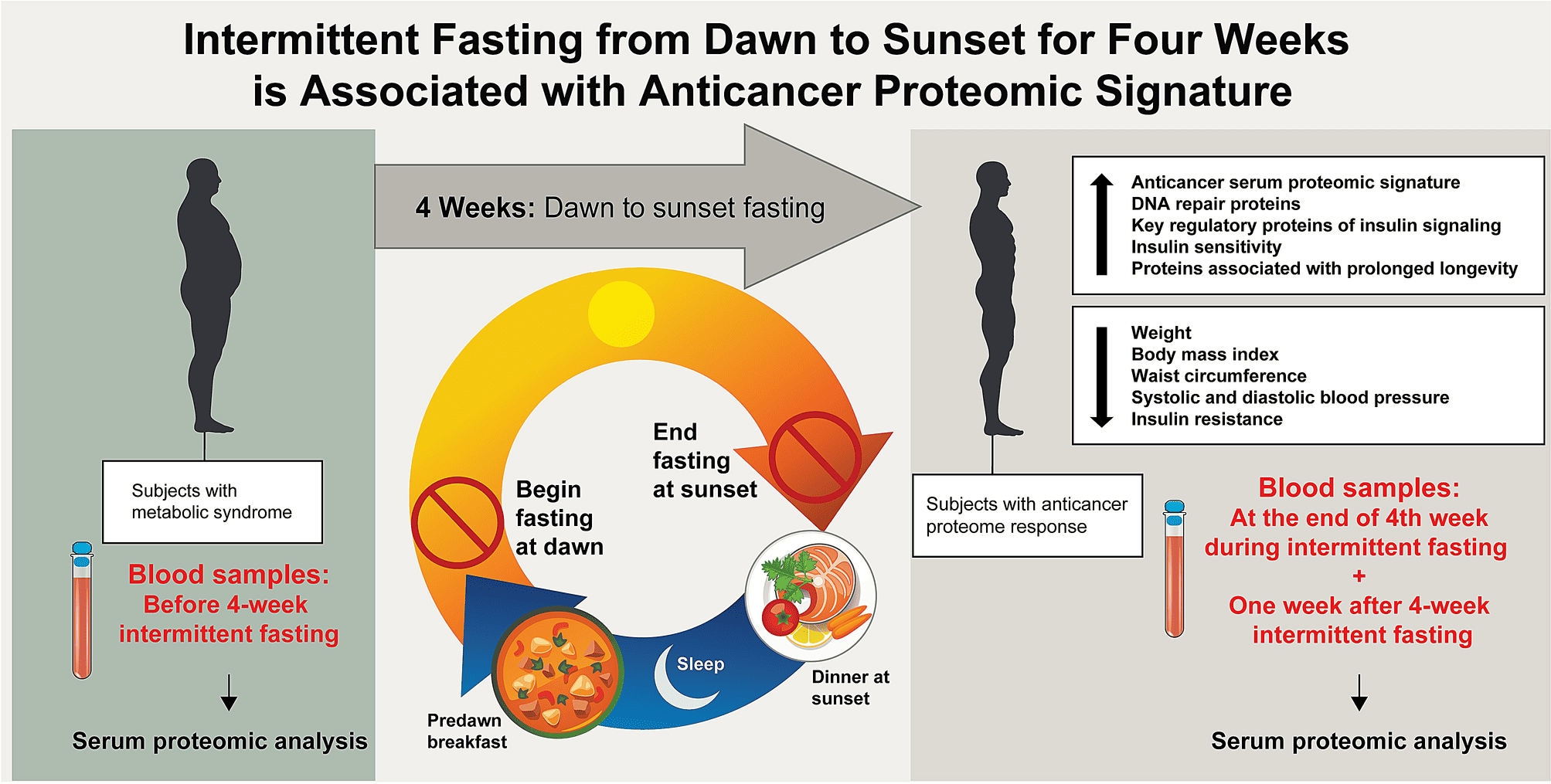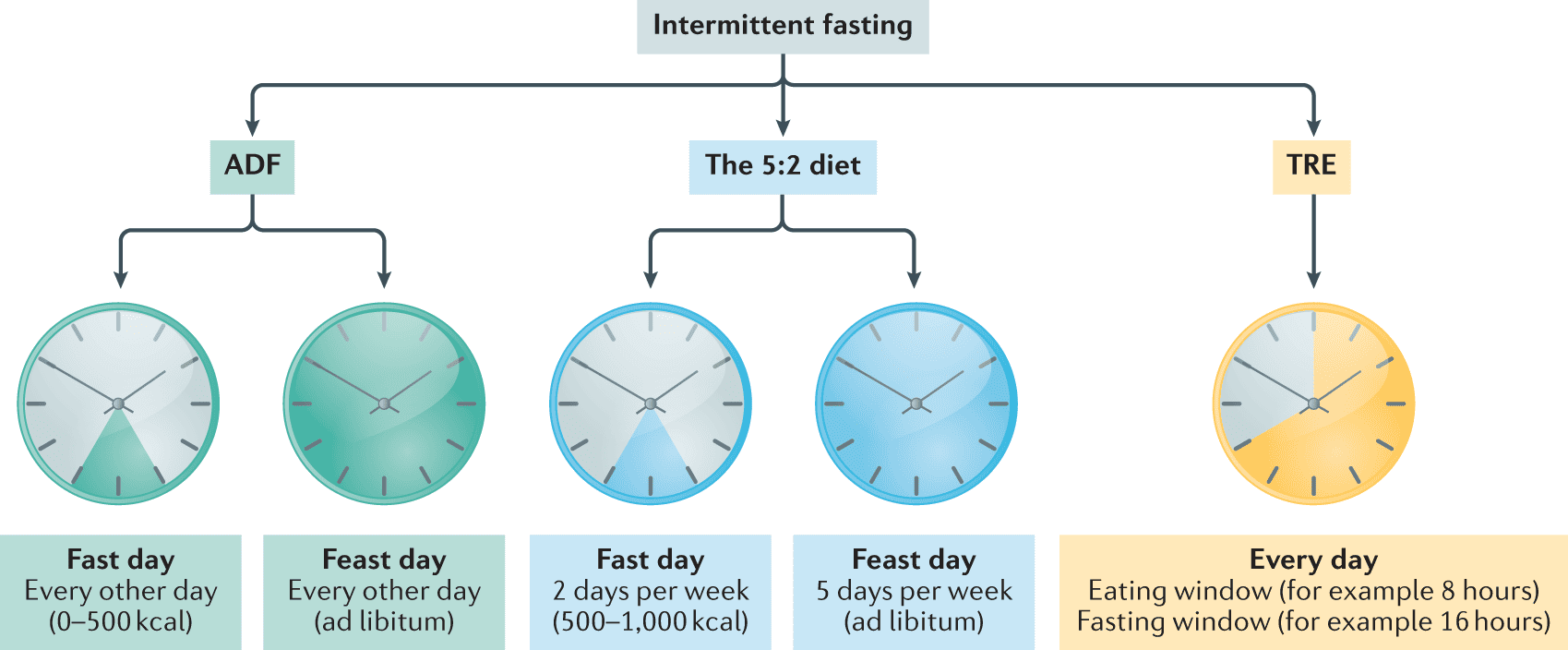Hey there! Have you ever heard of something called intermittent fasting? It’s a cool way of eating that involves taking breaks from food. You might be wondering, “Why would anyone want to do that?” Well, turns out there are some pretty awesome benefits to intermittent fasting! In this article, we’re going to explore all the positive effects it can have on your body. So get ready to learn why taking a break from eating can actually be a good thing!
Exploring the Positive Effects of Intermittent Fasting
Weight Loss and Fat Burning
Intermittent fasting can be a great way to help you lose weight and burn fat. When you’re fasting, your body doesn’t have access to its usual source of energy, which is food. So instead, it starts using stored fat as fuel. This is because when you’re not eating, your insulin levels drop, and your body can switch over to burning fat for energy. When you consistently practice intermittent fasting, your body becomes more efficient at burning fat, and you can start seeing those extra pounds melt away.
Improved Insulin Sensitivity
Insulin is a hormone in your body that helps regulate your blood sugar levels. When you have good insulin sensitivity, it means that your body can efficiently use insulin to keep your blood sugar levels stable. Intermittent fasting has been found to improve insulin sensitivity, which can have a positive impact on your health. By giving your body regular breaks from eating, you’re allowing your insulin levels to stay low and giving your cells a chance to become more sensitive to the hormone. This can help prevent the development of diseases like type 2 diabetes.

Increased Human Growth Hormone (HGH)
Human growth hormone, or HGH, plays a crucial role in our growth and development. It also helps to maintain muscle mass and repair tissues in the body. Intermittent fasting has been shown to increase HGH levels. When you fast, your body enters a state of hormesis, which is a protective response to stress. This increases the production of HGH, leading to improved body composition and overall health. An increase in HGH can also help with anti-aging effects, as it stimulates collagen production, which keeps our skin looking young and healthy.
Cellular Repair and Autophagy
Our bodies are made up of cells, and over time, these cells can become damaged or dysfunctional. However, intermittent fasting has been found to stimulate a process called autophagy, which helps in cellular repair. During autophagy, damaged cells are broken down and recycled to produce new, healthy cells. This process allows our bodies to get rid of old and worn-out cells, thereby improving overall cellular health and reducing the risk of diseases like cancer and neurodegenerative disorders.

Reduced Inflammation
Inflammation is a natural response that occurs in our bodies when we’re injured or infected. However, chronic inflammation can lead to various health issues, such as heart disease, diabetes, and autoimmune disorders. Intermittent fasting has been shown to reduce inflammation in the body. When you fast, your body increases the production of certain molecules that have anti-inflammatory properties. By reducing inflammation, intermittent fasting can help prevent and manage chronic diseases, leading to better overall health and well-being.
Improved Heart Health
Heart disease is one of the leading causes of death worldwide, and maintaining a healthy heart is essential for a long and happy life. Intermittent fasting has been linked to several factors that can improve heart health. Firstly, it helps in reducing body weight, which is a significant risk factor for heart disease. Secondly, fasting has been found to lower blood pressure and improve cholesterol levels, both of which are important markers of heart health. Lastly, intermittent fasting can also decrease inflammation, which is another contributing factor to heart disease. By incorporating intermittent fasting into your lifestyle, you can take steps towards a healthier heart.

Enhanced Brain Function
Our brain is the command center of our body, and keeping it in top shape is crucial for our overall well-being. Intermittent fasting has been shown to have positive effects on brain health and function. During fasting, our bodies produce molecules called ketones, which are an alternative source of energy for our brains. Ketones can help improve brain function, enhance cognitive abilities, and even protect against neurodegenerative diseases like Alzheimer’s and Parkinson’s. In addition, intermittent fasting also stimulates the production of a protein called brain-derived neurotrophic factor (BDNF), which promotes the growth of new neurons and enhances memory and learning.
Increased Lifespan
We all want to live long and healthy lives, and intermittent fasting may be one way to achieve that. Studies on animals have shown that fasting can increase lifespan by activating certain genes and proteins that promote longevity. While more research is needed on humans, the preliminary findings are promising. Intermittent fasting has been found to improve various aspects of health, including insulin sensitivity, cellular repair, and inflammation, all of which are factors associated with aging. By incorporating intermittent fasting into your life, you may be able to extend your own lifespan and enjoy more years of good health.

Cancer Prevention and Treatment
Cancer is a devastating disease that affects millions of people worldwide. While intermittent fasting cannot cure cancer, it may have potential benefits in both prevention and treatment. Fasting has been shown to protect healthy cells against the toxic effects of chemotherapy while making cancer cells more susceptible to treatment. Additionally, fasting has been found to reduce the risk of developing certain types of cancer by promoting autophagy and improving immune function. While more research is needed in this area, intermittent fasting shows promise as an additional tool in the fight against cancer.
Improved Metabolic Health
Metabolic health refers to how efficiently our bodies process and use energy. It encompasses factors like blood sugar levels, cholesterol levels, and blood pressure. Intermittent fasting has been found to have positive effects on metabolic health. By reducing body weight and improving insulin sensitivity, intermittent fasting can help regulate blood sugar levels and lower the risk of developing metabolic disorders like type 2 diabetes. Additionally, fasting has been shown to improve cholesterol and blood pressure levels, further enhancing metabolic health.
In conclusion, intermittent fasting offers numerous positive effects on our bodies and overall health. From weight loss and fat burning to improved heart health and brain function, intermittent fasting can be a valuable addition to your lifestyle. However, it’s important to remember that individual results may vary, and it’s always best to consult with a healthcare professional before making any significant changes to your diet or lifestyle. With that said, incorporating intermittent fasting into your routine may lead to a healthier and happier you.

